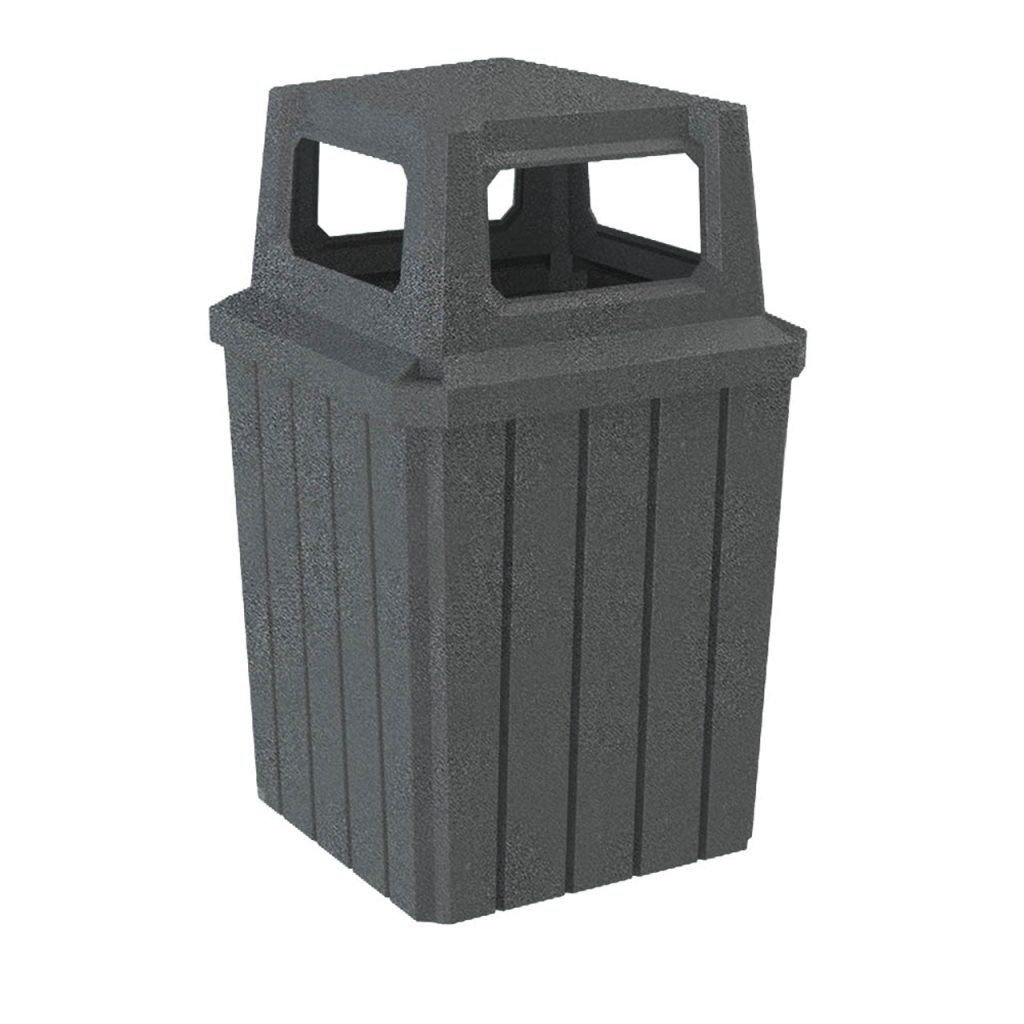In the realm of fitness and athletic performance, the quest for enhancing physical capabilities has led to the exploration of various supplements. One of the emerging trends in this landscape is the use of Selective Androgen Receptor Modulators SARMs. These compounds, although still under research and not approved for human consumption by the FDA, have gained popularity for their potential to selectively target androgen receptors in muscle and bone tissues. SARMs operate differently from traditional anabolic steroids by specifically binding to androgen receptors in a tissue-selective manner. This characteristic theoretically allows them to promote muscle growth and enhance athletic performance without the adverse side effects commonly associated with steroids. Advocates of SARMs suggest that they offer benefits such as increased muscle mass, improved fat loss, and enhanced recovery times, making them attractive to athletes and bodybuilders seeking a competitive edge.
However, the use of SARMs is not without controversy and risks. Because they are not approved for human use, the long-term effects and safety profiles of these supplements remain largely unknown. Furthermore, their availability as research chemicals or dietary supplements raises concerns about quality control and accurate dosing, which can pose serious health risks to users. Despite these concerns, interest in SARMs continues to grow within the fitness community, driven by the allure of potentially greater gains with fewer side effects compared to traditional steroids. Athletes looking to push the boundaries of their physical performance are drawn to the promise of enhanced strength and endurance without compromising their health or risking disqualification from competitive sports due to banned substances. The future of SARMs in athletics depends largely on ongoing research efforts and regulatory decisions. If future studies can establish their safety and efficacy conclusively, SARMs could potentially revolutionize the way athletes train and compete. Athletes and fitness enthusiasts alike must weigh the potential benefits against the risks and legality of using these supplements.
They may become a mainstream alternative to traditional performance-enhancing drugs, offering a safer and more targeted approach to achieving peak physical condition. However, until regulatory bodies such as the FDA approve SARMs for human use and comprehensive research establishes their long-term safety, caution remains paramount. Responsible use, informed decision-making, and adherence to sports regulations are essential to ensure the integrity of competition and protect personal health. While SARMs hold promise as a new frontier in fitness and athletic performance enhancement, their future remains uncertain. Research continues to explore their potential benefits and risks, and regulatory oversight will play a crucial role in determining their place in sports and fitness industries and read more at suplementosfuriozo.com. Until then, athletes and consumers are advised to approach SARMs with caution, prioritize safety, and stay informed about evolving scientific and regulatory developments in this rapidly evolving field. However, it is important to note that while SARMs show great promise, they are not without risks. The long-term effects of SARMs are still not fully understood, and their use is not approved by the FDA for human consumption.
Efficient order fulfillment is crucial for businesses aiming to meet customer expectations and maintain competitive advantage in today’s market. Streamlining processes with goods storage centers plays a pivotal role in achieving this goal by optimizing inventory management, reducing operational costs, and enhancing overall efficiency. Goods storage centers, often referred to as warehouses or distribution centers, serve as strategic hubs where products are stored, sorted, and shipped to customers. These facilities are designed to accommodate large quantities of inventory efficiently, utilizing various storage systems such as pallet racks, shelving units, and automated storage and retrieval systems AS/RS. By utilizing these systems effectively, businesses can maximize storage capacity while minimizing the time and effort required to locate and retrieve items for order fulfillment. One of the key benefits of goods storage centers is inventory optimization. Through meticulous organization and categorization of products, businesses can maintain accurate inventory records and ensure sufficient stock levels to meet customer demand.

This reduces the risk of stockouts and overstocking, thereby optimizing working capital and improving cash flow management. Furthermore, goods storage centers enable businesses to streamline their order processing workflows. Incoming orders can be quickly processed and fulfilled from the nearest distribution center, reducing shipping times and costs. This proximity to customers also enhances responsiveness to orders, particularly in industries where rapid delivery is a competitive advantage. Technology plays a vital role in enhancing the efficiency of goods storage centers. Advanced warehouse management systems WMS integrate with inventory tracking technologies such as barcode scanning and RFID Radio Frequency Identification to provide real-time visibility into inventory levels and locations. This visibility enables businesses to make informed decisions regarding stock replenishment, order picking routes, and overall warehouse operations. Automation further optimizes efficiency within goods storage centers. Robotics and automated guided vehicles AGVs can handle repetitive tasks such as picking, packing, and sorting with precision and speed. This not only accelerates order fulfillment but also reduces labor costs and minimizes errors associated with manual handling.
In addition to operational efficiencies, istanbul eşya depolama centers contribute to sustainable business practices. By centralizing inventory in strategically located facilities, businesses can reduce transportation distances and carbon emissions associated with order fulfillment. Furthermore, optimized inventory management helps minimize product wastage and obsolescence, supporting environmental conservation efforts. Customer satisfaction is significantly enhanced through efficient order fulfillment processes enabled by goods storage centers. Timely delivery of products, accurate order fulfillment, and effective handling of returns contribute to positive customer experiences and foster brand loyalty. Satisfied customers are more likely to repeat purchases and recommend the business to others, thereby driving revenue growth and market expansion. Goods storage centers are integral to achieving efficient order fulfillment and streamlining business processes. By optimizing inventory management, leveraging technology and automation, and prioritizing customer satisfaction, businesses can enhance operational efficiency, reduce costs, and gain a competitive edge in the marketplace. Embracing these principles allows businesses to meet the evolving demands of today’s consumers while positioning themselves for sustainable growth and success in the future.
In the hospitality industry, the role of commercial trash cans extends far beyond mere receptacles for waste. These bins play a crucial role in maintaining cleanliness, hygiene, and overall guest satisfaction within hotels, restaurants, resorts, and other hospitality establishments. Firstly, commercial trash cans are essential for managing the large volumes of waste generated daily in these settings. Hotels and restaurants produce substantial amounts of trash from guest rooms, dining areas, kitchens, and public spaces. Properly sized and strategically placed trash cans help streamline waste disposal operations, ensuring that garbage is promptly and efficiently removed without causing disruptions to guests or staff. Secondly, the design and functionality of commercial trash cans are tailored to meet the specific needs of the hospitality industry. They are typically durable, easy to clean, and equipped with features such as secure lids, liners, and odor control mechanisms. These features not only help contain unpleasant smells but also maintain a neat appearance, which is crucial for upholding the high standards of cleanliness expected in hospitality environments.

Moreover, commercial trash cans contribute significantly to the overall aesthetic appeal of a hospitality establishment. By choosing bins that complement the décor and ambiance of their surroundings, hotels and restaurants can enhance the visual appeal of their spaces. Sleek, modern trash cans can blend seamlessly into upscale hotel lobbies or trendy restaurant interiors, creating a cohesive and inviting atmosphere for guests. Beyond functionality and aesthetics, commercial trash cans also play a pivotal role in promoting sustainability practices within the hospitality industry. Many establishments prioritize recycling and waste reduction efforts, and specialized bins for recyclables, compostables, and general waste are essential for implementing effective waste management strategies. By providing clearly labeled and conveniently located bins, hotels and restaurants encourage guests and staff to participate in eco-friendly practices, thereby reducing their environmental footprint.
Furthermore, the presence of well-maintained commercial trash cans enhances the overall guest experience by ensuring a clean and pleasant environment. Guests expect impeccable cleanliness and hygiene standards during their stay or dining experience, and overflowing or poorly managed trash bins can detract from their overall satisfaction. Hospitality operators who invest in quality trash cans demonstrate their commitment to guest comfort and satisfaction, which can positively impact reviews, ratings, and repeat business. In conclusion, commercial trash cans are indispensable assets in the hospitality industry, serving a variety of essential functions beyond mere waste disposal. From maintaining cleanliness and hygiene to enhancing aesthetic appeal and promoting sustainability, these bins play a crucial role in shaping the guest experience. By investing in high-quality, well-designed trash cans that meet the specific needs of their establishments, hospitality operators can create a positive and memorable environment for guests while supporting efficient and sustainable waste management practices.


